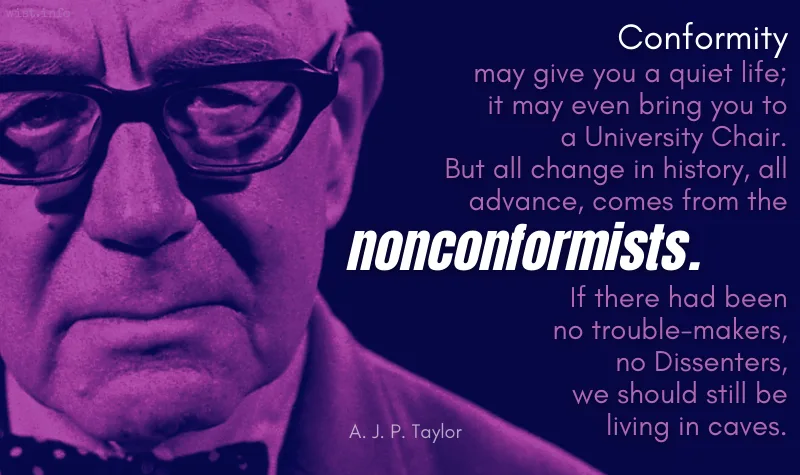Do not get lost in a sea of despair. You must not become bitter or hostile; be hopeful and optimistic. Our struggle is not the struggle of a day, a week, a month, or a year. It is the struggle of a lifetime. Never, ever be afraid to make some noise and get in good trouble, necessary trouble. We will find a way to make a way out of no way.
John Lewis (1940-2020) American politician and civil rights leader
Stump speech
Lewis used variations of these phrases regularly through his career. Several abridged combinations showed up in social media:Ours is not the struggle of a day, a week, a month, or a year--it is the struggle of lifetime. We must build a world at peace with itself.
[Twitter (14 Jul 2016)]Do not get lost in a sea of despair. Be hopeful, be optimistic. Our struggle is not the struggle of a day, a week, a month, or a year, it is the struggle of a lifetime. Never, ever be afraid to make some noise and get in good trouble, necessary trouble.
[Twitter (27 Jun 2018)]Do not get lost in a sea of despair. Do not become bitter or hostile. Be hopeful, be optimistic. Never, ever be afraid to make some noise and get in good trouble, necessary trouble. We will find a way to make a way out of no way.
[Twitter (16 Jul 2019)]
Quotations about:
trouble-maker
Note not all quotations have been tagged, so Search may find additional quotes on this topic.
Conformity may give you a quiet life; it may even bring you to a University Chair. But all change in history, all advance, comes from the nonconformists. If there had been no trouble-makers, no Dissenters, we should still be living in caves.
There has only been one Christian. They caught Him and crucified Him early.
Mark Twain (1835-1910) American writer [pseud. of Samuel Clemens]
Note (1898-07-04), Mark Twain’s Notebook, ch. 21 “In Vienna” (1935) [ed. Albert Bigelow Paine]
(Source)
While summering in Kaltenleutgeben, Austria.
O ay, you’re like the fisher-folk, the men who hunt for eels,
Who when the mere is still and clear catch nothing for their creels,
But when they rout the mud about and stir it up and down,
‘Tis then they do; and so do you when you perturb the town.[ὅπερ γὰρ οἱ τὰς ἐγχέλεις θηρώμενοι πέπονθας.
ὅταν μὲν ἡ λίμνη καταστῇ, λαμβάνουσιν οὐδέν·
ἐὰν δ᾽ ἄνω τε καὶ κάτω τὸν βόρβορον κυκῶσιν,
αἱροῦσι· καὶ σὺ λαμβάνεις, ἢν τὴν πόλιν ταράττῃς.]Aristophanes (c. 450-c. 388 BC) Athenian comedic playwright
The Knights [Ἱππεῖς], ll. 864-67 [Sausage Seller] (424 BC) [tr. Rogers (1924)]
(Source)
Speaking of demagogues like Paphlagonian (Cleon).
Alt. trans.:
- "You are like the fishers for eels; in still waters they catch nothing, but if they thoroughly stir up the slime, their fishing is good; in the same way it's only in troublous times that you line your pockets." [tr. O'Neill (1938)]
- "For you are circumstanced like those who fish for eels. When the lake is still, they catch nothing; but if they stir the mud up and down, they take. And you catch, if you disturb the city." [tr. Hickie (1853)]
You’ve got to rattle your cage door. You’ve got to let them know that you’re in there, and that you want out. Make noise. Cause trouble. You may not win right away, but you’ll sure have a lot more fun.
Florynce "Flo" Kennedy (1916-2000) American lawyer, feminist, civil rights activist
(Attributed)
(Source)
Quoted in Gloria Steinem, "The Verbal Karate of Florynce R. Kennedy, Esq.," Ms. (Mar 1973).
Every society honors its live conformists, and its dead troublemakers.
Mignon McLaughlin (1913-1983) American journalist and author
The Neurotic’s Notebook, ch. 7 (1963)
(Source)
The saving of our world from pending doom will come, not through the complacent adjustment of the conforming majority, but through the creative maladjustment of a nonconforming minority.
Martin Luther King, Jr. (1929-1968) American clergyman, civil rights leader, social activist, preacher
Strength to Love, ch. 2 “Transformed Nonconformist,” sec. 3 (1963)
(Source)
DESTRUCTION: It’s astonishing how much trouble one can get oneself into, if one works at it. And astonishing how much trouble one can get oneself out of, if one simply assumes that everything will, somehow or other, work out for the best.
Neil Gaiman (b. 1960) British author, screenwriter, fabulist
Sandman, Book 10. The Wake, # 72 “Chapter 3, In Which We Wake” (1995-11)
(Source)











